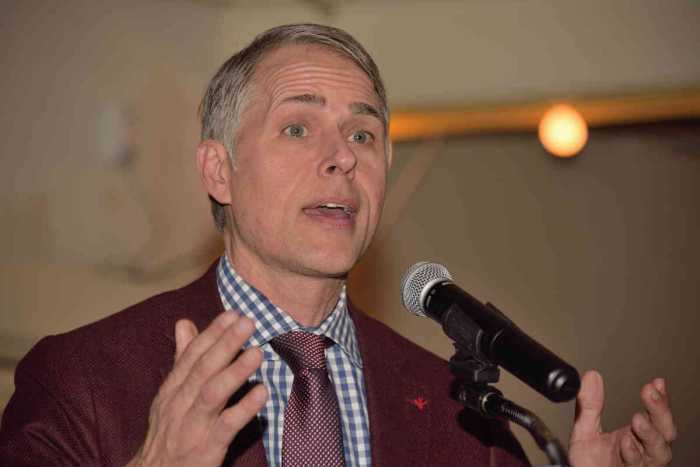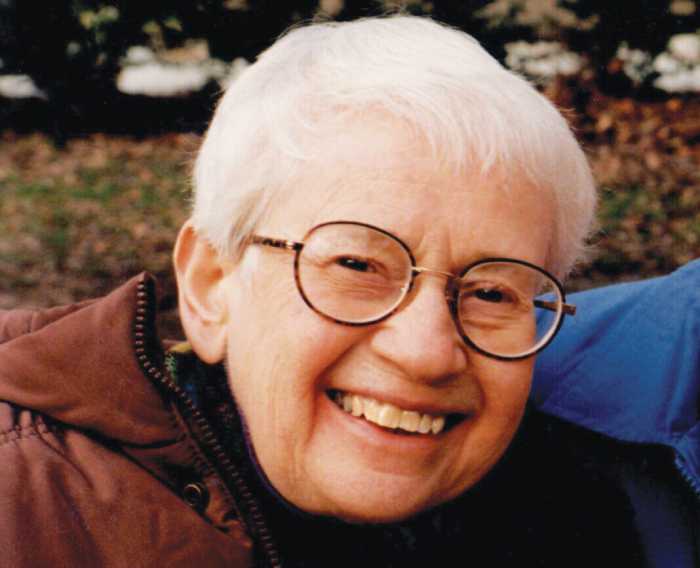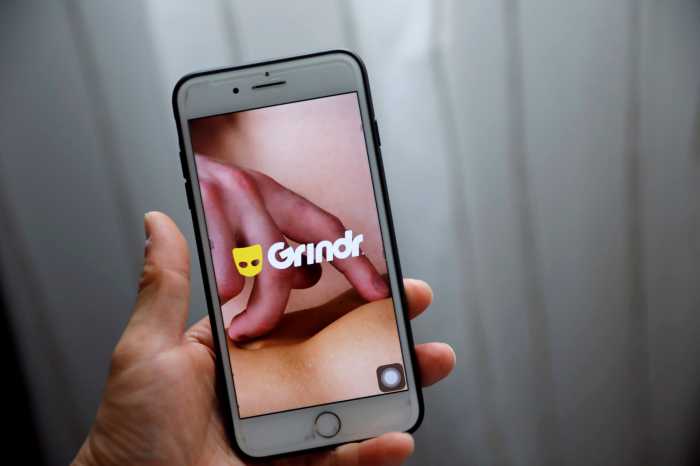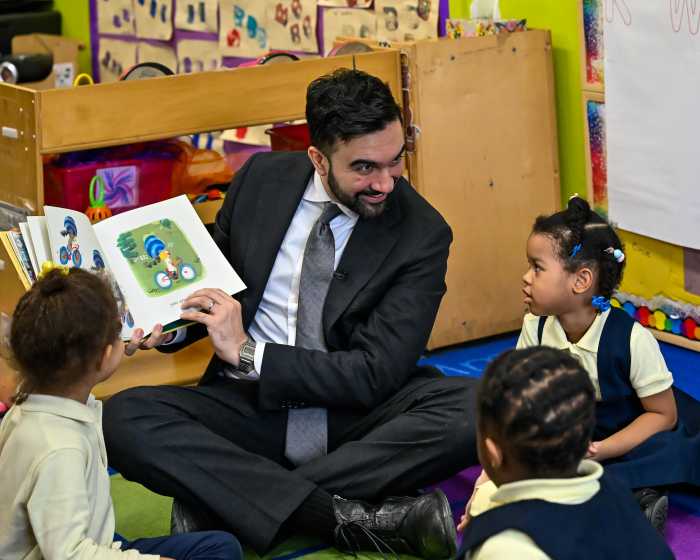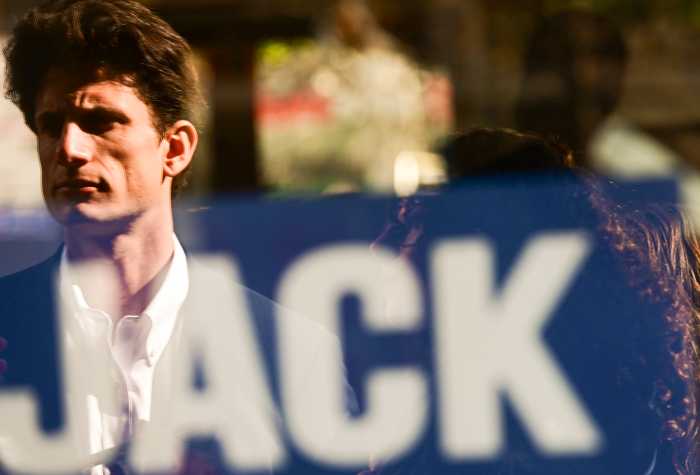Governor Kathy Hochul’s administration on January 5 unveiled a list of LGBTQ initiatives as part of her 2022 State of the State agenda, including plans to address conditions for incarcerated transgender and non-binary individuals and increase funding for queer-inclusive health programs.
Hochul, entering her first full year in office with a primary election on the horizon, was short on LGBTQ-specific talking points during her State of the State speech at the Capitol but fleshed out her priorities in the more in-depth State of the State book.
Some of the LGBTQ-specific goals outlined by Hochul aim to build on existing efforts in need of increased attention or resources, while others involve new objectives — such as proposed legislation stipulating that incarcerated people in state and local correctional facilities be addressed in accordance with their gender identity and have access to commissary items and clothing consistent with their gender identity.
“The governor’s proposal will ensure individualized and informed placement of incarcerated people that respects their gender identity while also establishing measures to protect the safety of incarcerated individuals,” the State of the State book noted.
Hochul also used the State of the State to point out unfinished business surrounding the Gender Recognition Act, which was approved by the state last year and gave New Yorkers the ability to update their identification and birth certificates with an “x” gender designation and scrapped an old rule requiring people to publish name changes in newspapers. The law, however, does not require state agencies to provide an “x” gender option for folks who engage with the agency, prompting Hochul to propose a change to the law to require agencies to offer that option.
The administration is also rolling out a new Hate and Bias Prevention Unit within the Division of Human Rights as part of a fresh campaign to provide support to communities impacted by hate and bias incidents in the state. The unit will be responsible for spearheading public education and outreach and bringing “coordinated, rapid, and community-focused” responses to hate and bias incidents in New York.
Hochul is further looking to beef up the state’s Division of Human Rights in light of increased caseloads in the agency due to the gradual expansion of the scope of the state’s human rights law (In 2019, for example, the state expanded the human rights law to protect students in public schools). The administration also intends to add domestic violence victim/survivor status as a protected class in housing, updating digital systems to make it easier to submit and process complaints virtually, and including immigration and citizenship status as protected classes. Hochul also wants to make the Division of Human Rights’ virtual hearings permanent.
Another one of Hochul’s plans calls for raising an existing $500 cap on the reimbursement rate for essential personal property for victims of hate crimes and other forms of violence. The administration to raise that cap — which has not been updated since 1998 — to $2,500 to make up for inflation.
On the health front, the governor conveyed the need to increase funding for the New York State LGBT Health and Human Service initiative and its network of organizations after years of budget cuts. Acknowledging the ongoing fight to end AIDS in New York, the administration vowed to support “direct health services, cultural competency education and training, and organizational capacity building.”
When asked about more specific numbers regarding proposals for increased funding, a spokesperson for the governor told Gay City News that more information would be available during Hochul’s budget address later in the month.
Among other parts of Hochul’s State of the State included a housing plan to create 7,000 units of supportive housing and save 3,000 units over five years for vulnerable and at-risk populations — including people living with HIV/AIDS, young adults who have been incarcerated, and seniors.
Hochul also unveiled a proposal to change the name of the state’s Council on Women and Girls to the Council on Gender Equity, reflecting an effort to be more inclusive of transgender and non-binary individuals. The Council on Gender Equity would feature cabinet members and community leaders with the goal of elevating “the needs of women, girls, and transgender and gender non-conforming individuals, focusing on underserved populations and communities of color,” the governor’s State of the State book said.
To that end, the governor used gender-neutral language in her points about abortion, representing another shift to be more inclusive of transgender individuals who have abortions. Hochul pitched legislation to codify a policy requiring private insurers to cover abortion costs without cost-sharing.
Most out LGBTQ members of the State Legislature voiced positive feedback in response to Hochul’s speech, though she received some criticism from out gay State Senator Jabari Brisport of Brooklyn, who has embarked on a statewide campaign to implement a universal childcare system. Brisport described the governor’s childcare plan as “dramatically inadequate,” but still said he’s “somewhat heartened by the governor’s recent commitment to working with me on ‘a strategy that is going to be transformative,’ and I look forward to meeting with her in the coming weeks to attempt to do just that.”
Out gay Assemblymember Harry Bronson of Rochester offered a more upbeat reaction to the governor’s speech, praising her for putting forward “an ambitious healthcare workforce agenda” and for her pledge to increase availability of COVID testing for families.
“I strongly believe everything we do must be looked at through a social, economic and racial justice lens and this was, indeed, the overall, welcomed tone of today’s State of the State address,” Bronson said in a written statement.
Out lesbian Assemblymember Deborah Glick of Manhattan, the first out member of the State Legislature, applauded the governor from her Twitter account.
“@GovKathyHochul is planning great changes and access to tuition assistance for more folks,” Glick wrote. “A commitment to higher ed by our Governor has been a long time coming — great news.”
More tweets flowed in from out Assemblymember Jessica González-Rojas of Queens, who applauded Hochul for announcing the return of to-go drinks and thanked her for crediting healthcare workers. Out gay State Senator Brad Hoylman of Manhattan also took to Twitter to commend Hochul for her remarks on issues ranging from housing to workers’ rights.
“Wow, what a refreshing difference from her predecessor in @GovKathyHochul ‘s first #stateofthestateny: Good ideas, realistic, concise,” Hoylman wrote. “The bombastic blathering is gone.”


